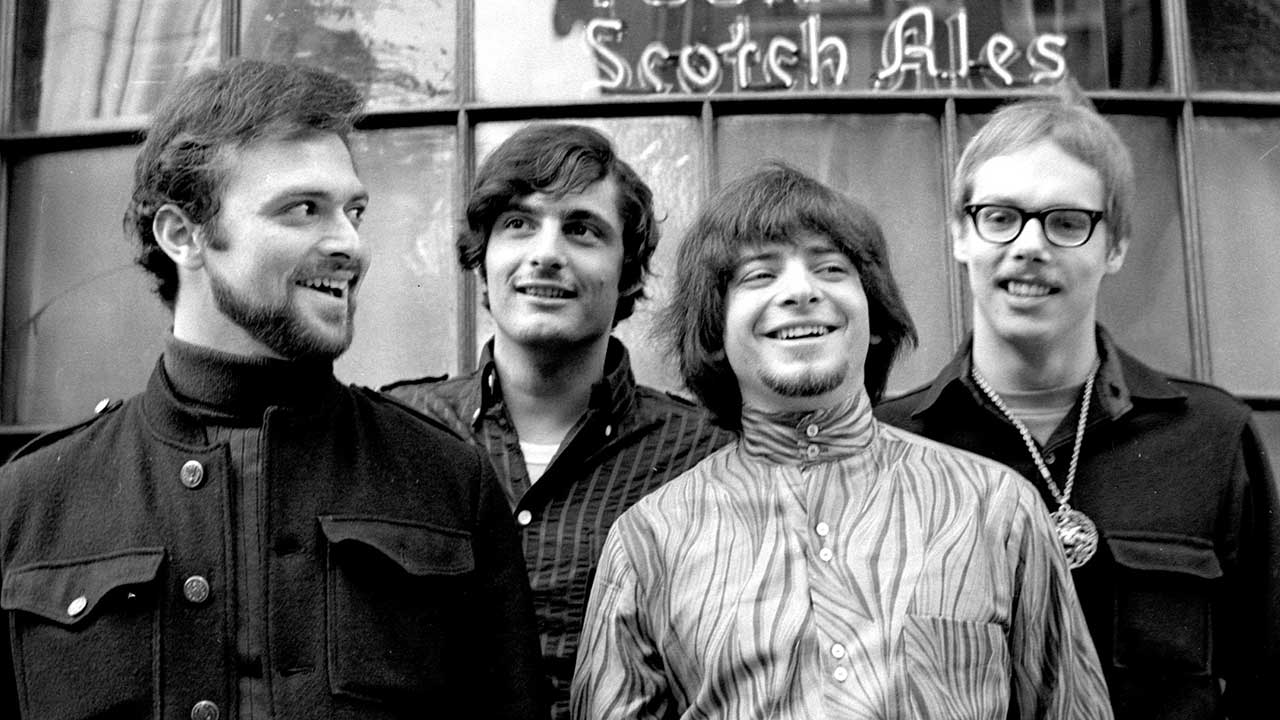
Stein says the song speaks of “unity and what I know our country and the world is capable of.” The album’s lead track, “We Are One,” has been released as an advance digital single, and a companion music video for the tune has premiered on YouTube. These songs are reflections of what the world is about now, and what we need to do to bring us together again.” “When I started the newest collection of songs during the early weeks of the pandemic, it dawned on me that I had created an album with a theme. “This is an album about hope, but at the same time, I had to sing about the dangers of division,” the 74-year-old musician notes. and the world have been facing - including social unrest, racial disparity and political conflicts - to put together collection of songs offering such themes as hope, unity and redemption.

Stein recorded the album during the COVID-19 pandemic, and was inspired by the health crisis and other issues the U.S. (C) 2009 All Media Guide, LLC.Mark Stein, lead singer and keyboardist of the veteran psychedelic rock band Vanilla Fudge, will release his debut solo album, There’s a Light, on November 26. Their most recent incarnation features keyboardist Bill Pascali in place of Mark Stein.Ĭontent provided by All Music Guide. Vanilla Fudge reunited in 1984 for the poorly received Mystery album, and have since reunited several more times, though only for tours. Appice went on to become an active session and touring musician, working with a variety of rock and hard rock artists. Bogert and Appice first formed the hard rock group Cactus, then later joined up with Jeff Beck in the aptly named Beck, Bogert & Appice. farewell dates and disbanded in early 1970. Following the release of their final album, Rock & Roll, Vanilla Fudge played a few U.S. Exhausted by the constant touring, the band decided that their late-1969 European tour would be their last. After part of the band recorded a radio commercial with guitarist Jeff Beck, the idea was hatched to form a Cream-styled power trio with plenty of individual solo spotlights. In 1969, the band kept touring and released their first album without Morton, the expansive, symphonic-tinged Near the Beginning. The band supported it by touring with Jimi Hendrix, opening several dates on Cream's farewell tour, and late in the year touring again with the fledgling Led Zeppelin as their opening act. It was followed by Renaissance, one of Vanilla Fudge's best albums, which also hit the Top 20. That summer, Atco reissued "You Keep Me Hangin' On," and the second time around it climbed into the Top Ten. Despite its somewhat arty, indulgent qualities, the LP was a hit, climbing into the Top 20. Things started to pick up for the band in 1968: early in the year, they headlined the Fillmore West with the Steve Miller Band, performed "You Keep Me Hangin' On" on The Ed Sullivan Show, and released their second album, The Beat Goes On. "You Keep Me Hangin' On" didn't perform as well as hoped, but the band toured extensively behind its covers-heavy, jam-oriented debut album Vanilla Fudge, which gradually expanded their fan base.

The band settled on Vanilla Fudge, after a favorite ice cream flavor. Impressed by their heavy, hard rocking recasting of the Supremes' "You Keep Me Hangin' On," Morton offered to record the song as a single the results landed the group a deal with the Atlantic subsidiary Atco, which requested a name change. In early 1967, their manager convinced producer George "Shadow" Morton (who'd handled the girl group the Shangri-Las and had since moved into protest folk) to catch their live act.

They got so elaborate that by the end of the year, drummer Brennan was replaced by the more technically skilled Carmine Appice. Inspired by the Vagrants, another band on the club circuit led by future Mountain guitarist Leslie West, the Pigeons began to put more effort into reimagining the arrangements of their cover songs. In early 1966, the group recorded a set of eight demos that were released several years later as While the Whole World Was Eating Vanilla Fudge, credited to Mark Stein & the Pigeons. They built a following by gigging extensively up and down the East Coast, and earned extra money by providing freelance in-concert backing for girl groups. Organist Mark Stein, bassist Tim Bogert, and drummer Joey Brennan soon shortened their name to the Pigeons and added guitarist Vince Martell. Originally, Vanilla Fudge was a blue-eyed soul cover band called the Electric Pigeons, who formed on Long Island, NY, in 1965. While the band did record original material, they were best known for their loud, heavy, slowed-down arrangements of contemporary pop songs, blowing them up to epic proportions and bathing them in a trippy, distorted haze. Vanilla Fudge was one of the few American links between psychedelia and what soon became heavy metal.


 0 kommentar(er)
0 kommentar(er)
